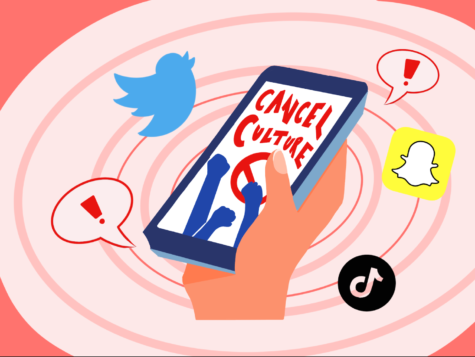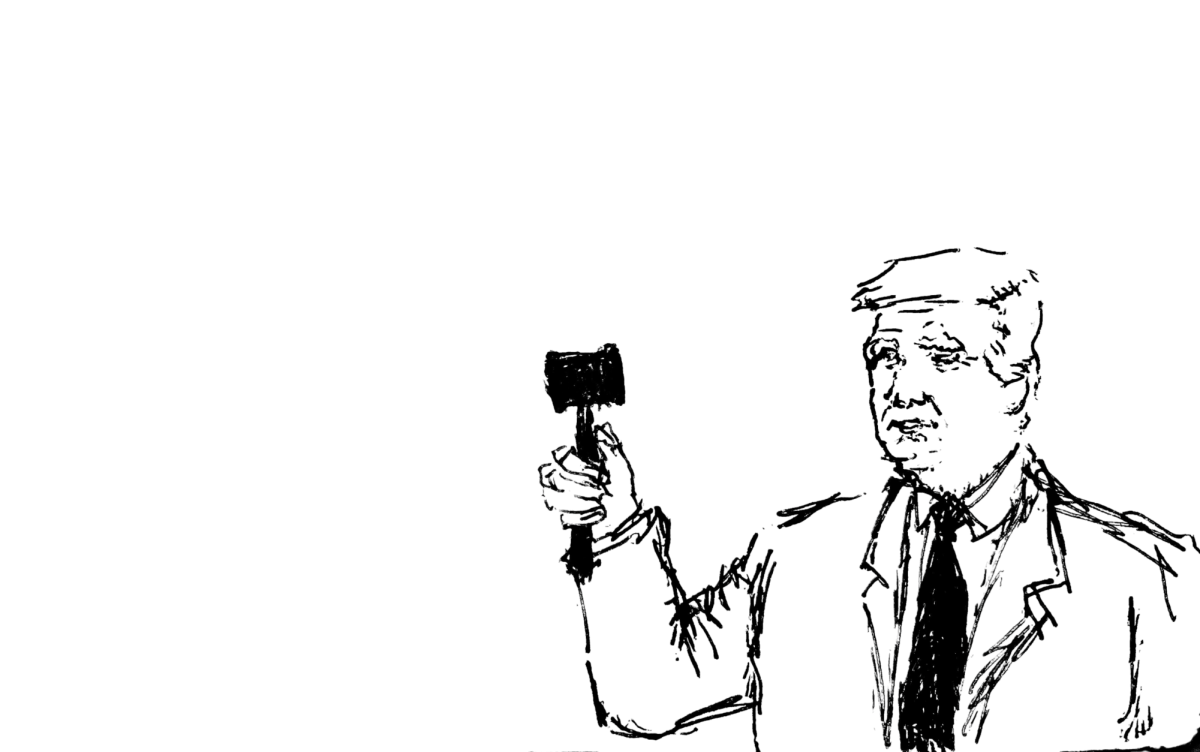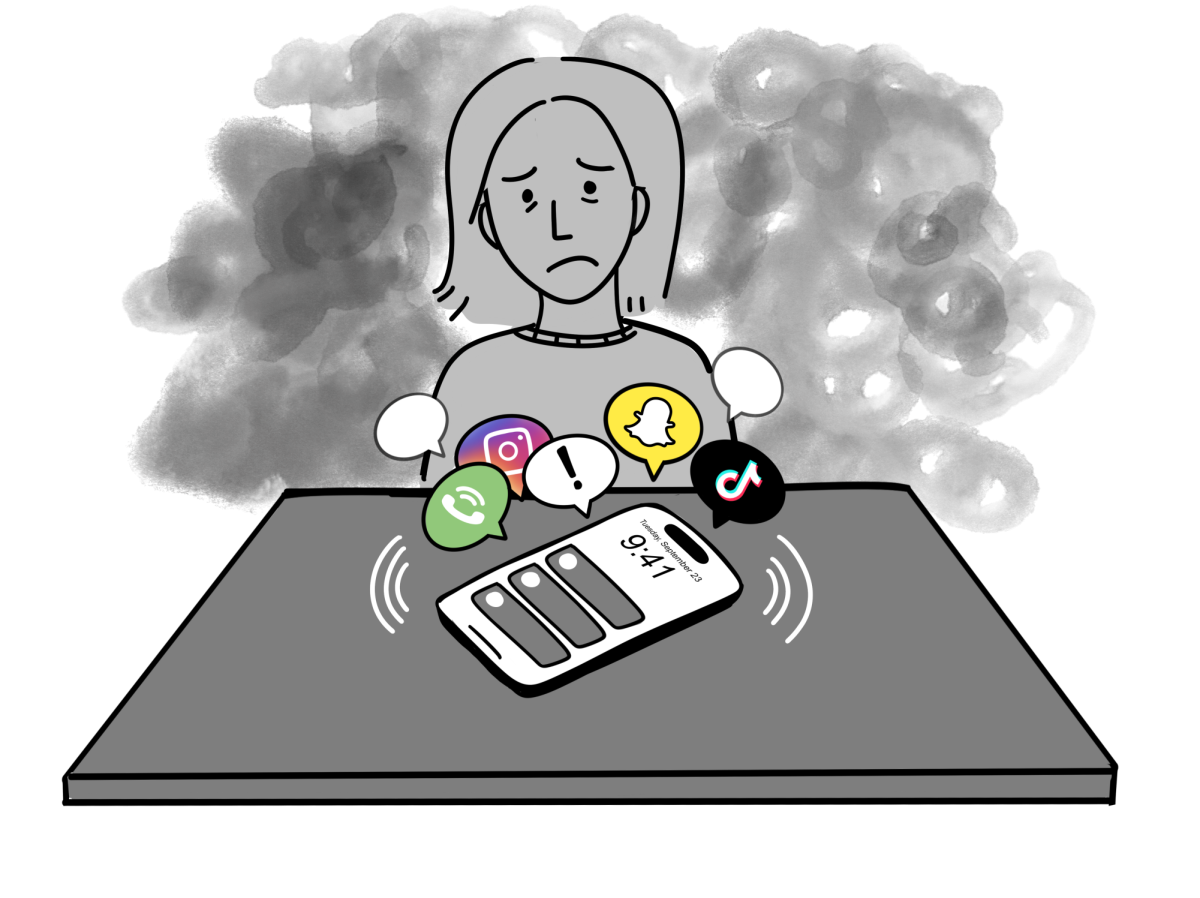Have you ever wondered what would have happened in this country if abolitionists were not able to make themselves heard? What would our society be like if the Civil Rights Movement had been silenced? When we think of “cancel culture”, we may think of people doing something positive by holding someone accountable for bad behavior, but are we also making it impossible for diversity of opinion to exist?
Diversity of opinion is a critical part of democracy. Without it, positive change can not happen. One might claim that people do not get canceled for having a different opinion. They get canceled for having an opinion that offends someone. But isn’t it also true that many people were once offended by the idea that women should be allowed to vote, that people of all races should attend the same schools? Aren’t some people offended by Critical Race Theory In School? The problem is not so much the content of what is being “canceled” but more so the disapproval of anything that goes against the general consensus, even if it may prompt progress.
So, what is “Cancel Culture” exactly? The Wikipedia definition of Cancel Culture is a form of ostracism in which someone is thrust out of social or professional circles – whether it be online, on social media, or in

person. Being ostracized would have a huge impact on someone’s life. It would make sense that many people would be afraid to express controversial opinions. But what if that controversy would lead to positive change?
Oftentimes, cancellation is a form of punishment for ignorance. In many cases, one’s lack of knowledge about a subject is what results in social outcast. But working to help the other person understand the issue better or see the other point of view relies on communication.
Maybe the person who offended us did not understand the issue, but they could learn to understand it better with discussion. They are not as likely to be open-minded toward an attack as they would be to a conversation. If it’s not punishment, what are we trying to achieve?
I would suggest an alternative; to openly disagree and make our point of view known. If it’s impossible to make the person who offended us understand why their words or actions were harmful, we can make it known publicly that our ideas matter.
Should we really be in agreement about everything anyway? Do we really want to live in a world where people tell us what to think? Only you get to decide what you want to say, because your opinion does, in fact, matter. Diversity of opinion benefits a democracy to progress forward, and if Cancel Culture prevents that from happening, then we will just get nowhere.





